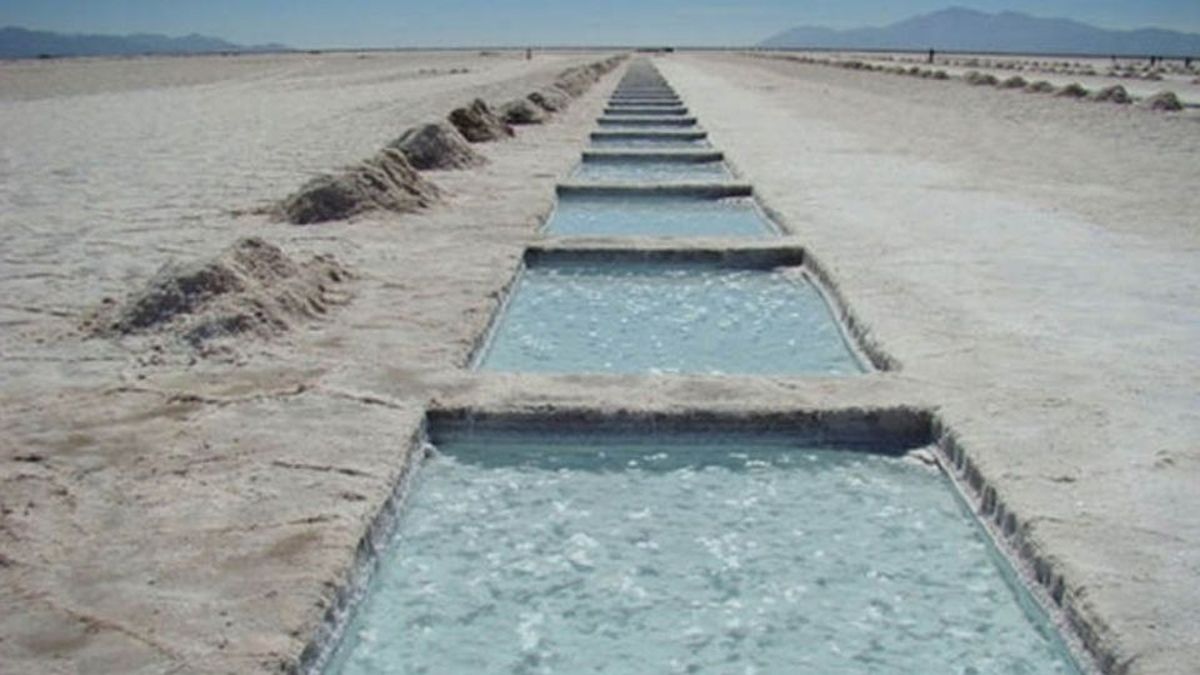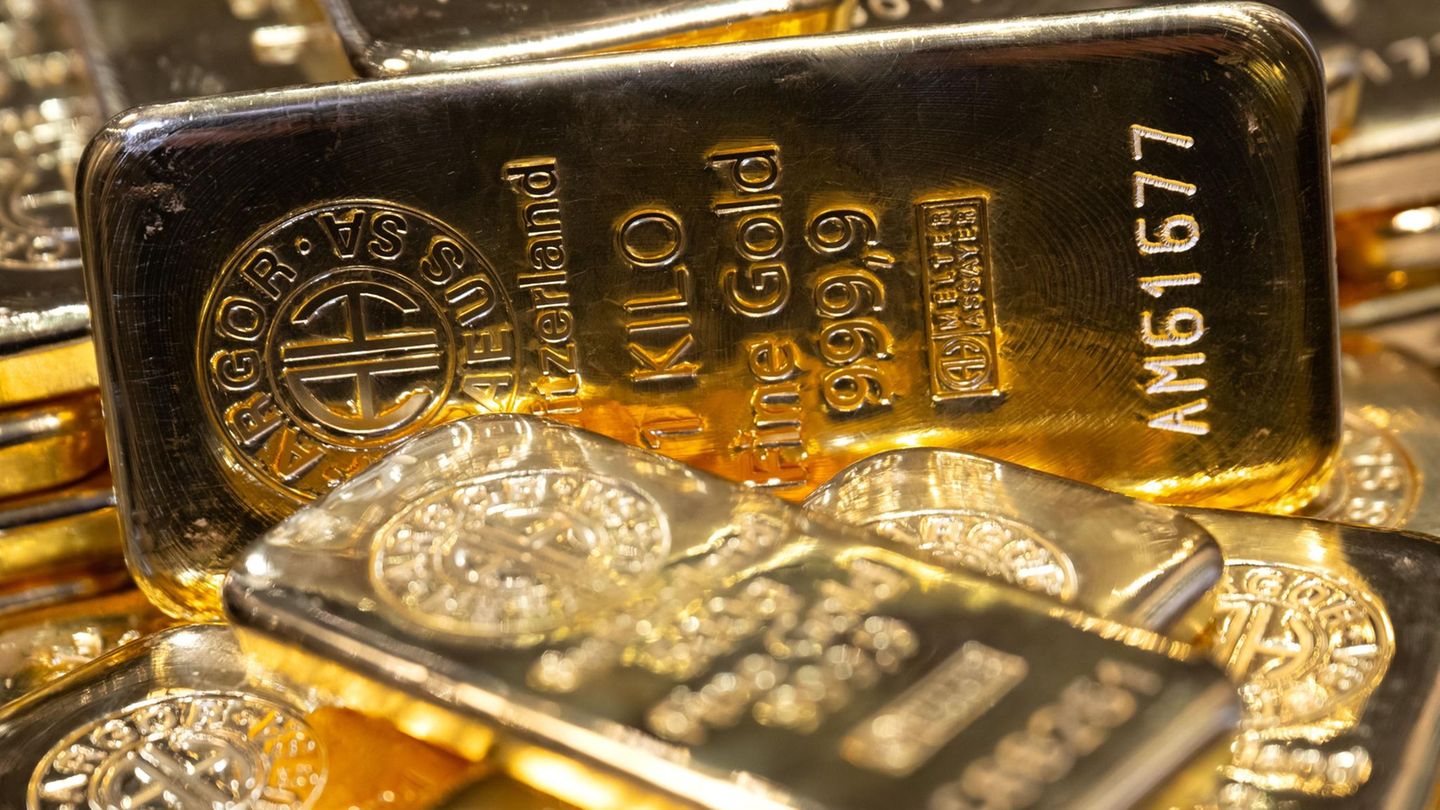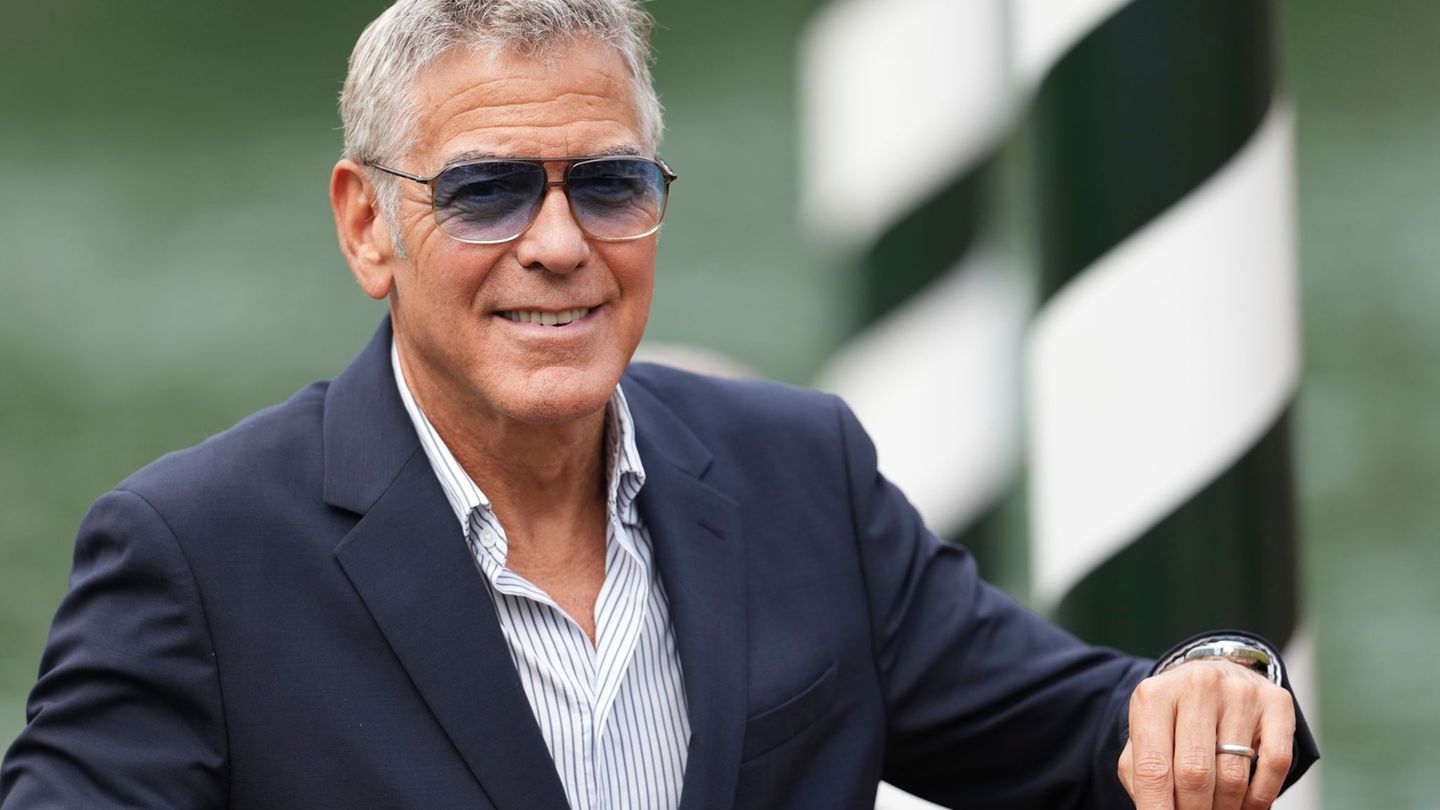Beyond the departure of Kulfas from the Ministry, both projects are still standing, as Ámbito learned. The meeting he refers to is the one that took place on Thursday of last week at Casa Rosada, one day before the event at YPF and the “off the record” scandal, which ended with the minister’s resignation. That day Alberto Fernández received the vice president of Ganfeng Lithium, Xiaoshen Wang, after the Chinese company launched the Mariana Project, in Salta, where they will invest US$600 million, for the production of lithium chloride.
According to official sources, the company told them “The decision to advance in investments in the national manufacture of batteries, and in the industrialization of the lithium chain.” Ganfeng Lithium is the world’s largest producer of lithium metals, and the second largest producer of lithium compounds.
The management for this project began last year. In fact, in May 2021 Kulfas and the governor of Jujuy, Gerardo Morales, signed a memorandum of understanding with Ganfeng Lithium in order to install the factory in the north of the country. There are different views within the Government and in the market about the feasibility of the initiative moving forward.
Sources from the Ministry of Productive Development commented that in no Latin American country are batteries for electromobility made, and it will be a race that Argentina, Brazil and Mexico will run. For the amount of the investment and the necessary scale, which transcends that of an internal market such as Argentina, it could supply a continent with a platform of 6 million cars per year. But, in the market, they assure that geopolitical relations will also play a role: “What could Argentina give up in exchange for that technology transfer, in a context of relations with the United States due to the agreement with the IMF?”, analyzed a consultant consulted by this daily.
Nadav Rajzman, an economist specialized in mining, commented on the challenges of industrialization: “Although lithium is an irreplaceable input in the battery, it represents only 1% of the volume and 3% of the final cost, so having the resource not enough to move forward. The lithium battery production industry is close to the sources of consumption, and of scale. It will be necessary to see which are the mobility sectors, which have a market with sufficient scale to give economic sense to production. The advantages of proximity and integration in the automotive industry determine that investments tend to be made in countries or regions where greater increases in the production of electric vehicles are expected.
On the other hand, there is another million-dollar investment that will be announced within 15 days, in the week of June 20, from another Chinese giant, whose CEO is already traveling to Argentina. It will be related to lithium mining, but the novel part will be the manufacture of electric cars in the country. In any case, in the Government they anticipate that for this announcement to become a reality, the Electromobility Law must be approved, prepared in 2021 by the Kulfas team, and which has been sleeping in Congress since January of this year. “We would have liked them to make the announcement with the law already in force,” a source told this newspaper, because it provides a “stable and robust” regime for manufacturing to take place.
Source: Ambito
David William is a talented author who has made a name for himself in the world of writing. He is a professional author who writes on a wide range of topics, from general interest to opinion news. David is currently working as a writer at 24 hours worlds where he brings his unique perspective and in-depth research to his articles, making them both informative and engaging.




